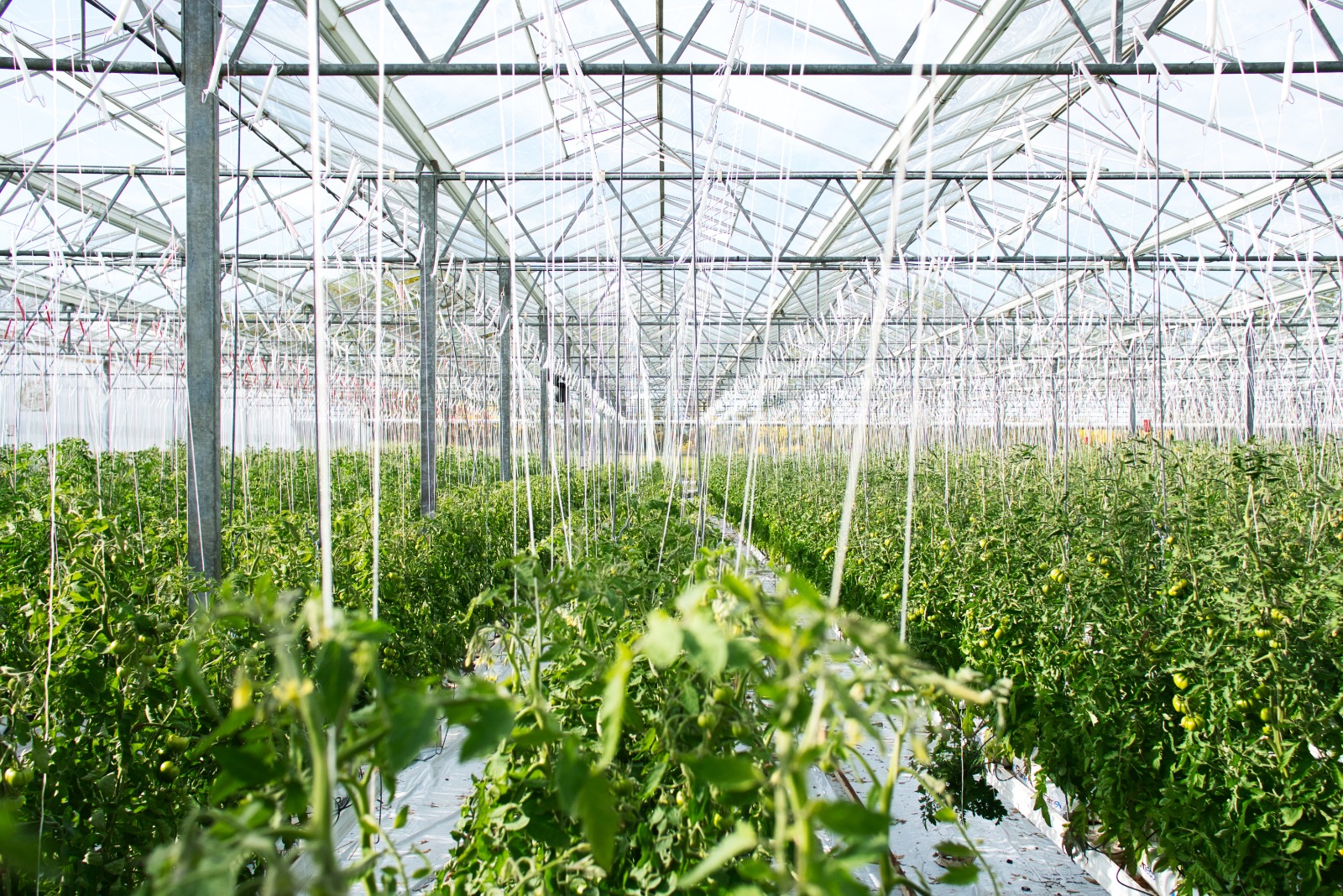By Juni Moltubak
The world is changing and it’s changing fast. By the year 2050 the amount of people living in urban areas will increase from 50 to 70% of the world’s population. Energy demand will have increased by 40%. And 140 million people are likely to be displaced as a consequence of climate change. A growing GDP has for decades damaged the environment, whether we were cheerfully ignorant or painfully aware of it. As the world around us is changing it is necessary for us to change not just the consequences of economic growth, but also our very notion of what growth itself should be.
GDP; the Holy Grail of growth measurement?
GDP has been the main tool for measuring growth (or lack thereof) since 1934, and GDP per capita can still be helpful when one wishes to compare economies today. However, in today’s climate (both economically and ecologically speaking) GDP has by far outrun its purpose. There is no getting around the fact that measuring GDP was a perfectly meaningful way of describing a country’s economy back when developed countries’ economies were largely (not to say completely) based on manufacturing. Today’s economic landscape is way more complex and diverse, and measures of growth cannot and should not be based solely on the value of production.
Growth v. success – is GDP a sustainable tool?
Differences between 1934 and today’s economic climates aside, there are also more urgent, climate-related reasons for why we should move away from GDP, partially if not altogether.
Firstly, we need to acknowledge that our current economic system is severely ill-suited for handling the climate crisis, because we still view GDP as the main indicator of growth, and subconsciously perceive growth as equivalent to success. GDP does indeed measure the speed at which an economy is growing, but it says nothing about its direction. That is like driving a car, not caring at all about where you are going but only about the speed at which you are travelling. Needless to say, this is likely to end with a horrible accident. Yes, GDP measures the speed of an economy’s growth, but at the same time it leaves crucial factors out of the picture. Factors such as sustainability (how long the car is able to sustain its speed), wellbeing (whether you enjoy the ride and end up where you would like to) or equality (whether all passengers are content with the ride).
Secondly, by treating GDP as the Holy Grail of measuring and comparing economies, we indicate that eternal economic growth is not only possible, but also desirable. I am not saying it is impossible. But if we want to keep focusing on this, to quote Greta Thunberg, “fairytale” scenario we need to be strictly careful about the type of industries we want in charge of our economic growth, in order to avoid the above mentioned imminent car crash. We would have to transform all production drastically, and create a completely sustainable and green economy in all countries. This would indeed be a desirable outcome, but needless to say; a relatively unlikely one. A more realistic alternative is therefore to question whether eternal economic growth as such really is desirable.
Finally, GDP is not, and has never been, a tool for measuring wellbeing. Simon Kuznets clearly warned against using GDP as a measure of wellbeing when he presented the method for the US Congress in 1934, but yet we still tend to perceive countries with a high, or growing, GDP as more wealthy, prosperous and most importantly: more successful. It is time for a change. We should rethink what makes a person, a firm or a country successful, and work our way towards a more meaningful measure of growth in society. Looking first and foremost at sustainability, but also including gender equality, equality of wealth, number of citizens with a university degree, health, or the amount of waste a country produces are examples of things that will measure wellbeing and success, without fixating on economic growth alone. The Inclusive Development Index (IDI) has started the work, now the rest need to join in. GDP should be considered a means on the road towards success and wellbeing, not the very destination.
A healthy economy is not only a large or a growing one, it is one that covers its citizens’ basic needs today – and tomorrow, without collapsing. We need to see the inevitable connection between economic growth, personal growth and ecological sustainability, because if we continue with the speed at which we are insistent on driving today, our materialistic and unsustainable car will eventually crash.
Kate Raworth phrased this perfectly in her 2018 TedTalk by saying: “What we have is economies that need to grow whether or not they make us thrive, but what we need is economies that make us thrive whether or not they grow”. In order to keep our economy, our planet and ourselves alive we need to change the notions of success and growth in society, starting with GDP as well as our own mindsets.
Edited by Zuzanna Mietlinska

